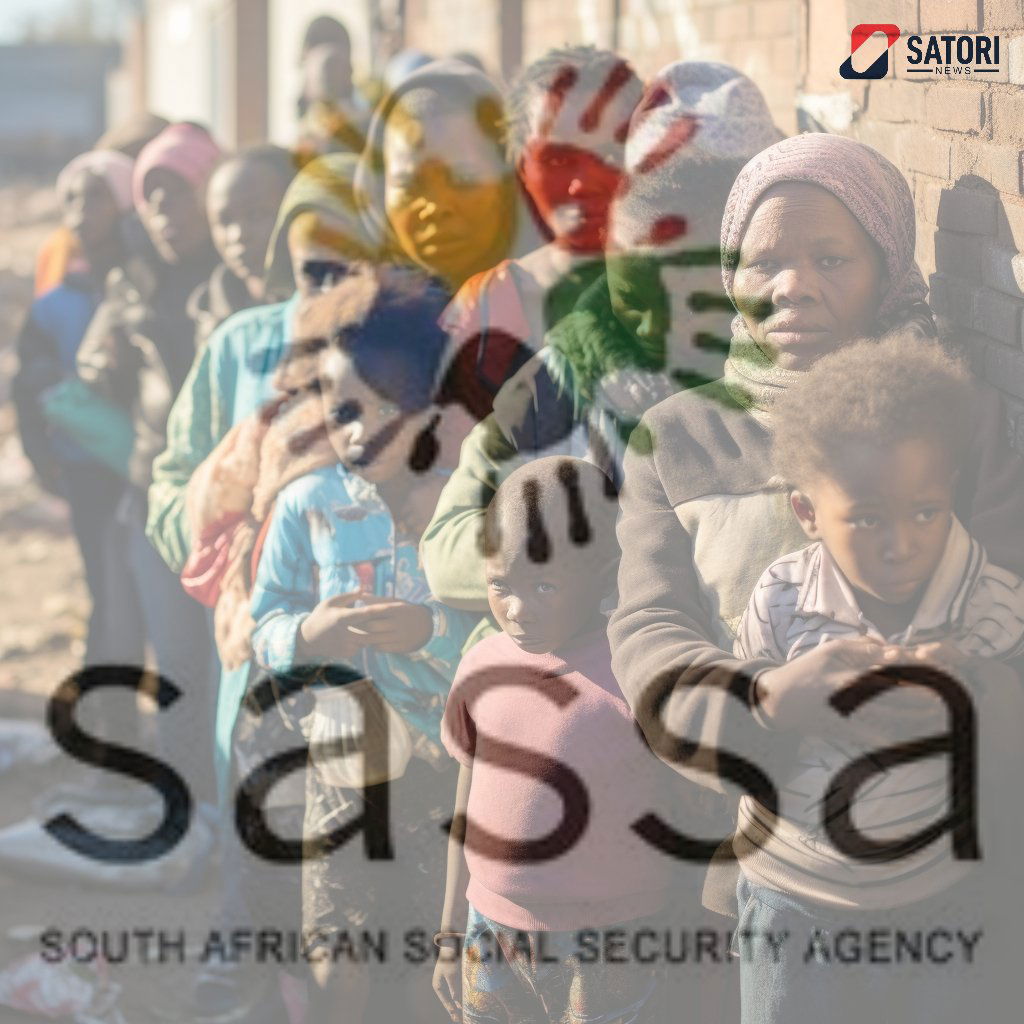Picture: for illustration purposes
19 million South Africans depend on Social Grants: An Expensive Necessity
In recent times, South Africa is home to nearly 19 million citizens who are heavily reliant on government social grants to meet their basic needs. Costing the taxpayer an astonishing amount of over R200 billion per year, this public assistance program is an expensive necessity.
The financial pressure does not stop there; an average of 8.5 million South Africans have been dependent on the R350 Covid-19 Social Relief of Distress (SRD) grant over the past year. The implementation of this distress relief measure has put another R30.2 billion strain on the national coffers for the 2022/23 financial year.
The SRD grant, however, has been marked by inconsistent disbursements. Not all beneficiaries of the R350-grant are paid on a timely monthly basis, with some instances reported where they are not paid at all. This inconsistency not only affects the dependants' lives but also implies that the total expenditure for the SRD grant could be potentially even higher.
This significant financial commitment to social welfare raises hard questions about the sustainability of these initiatives and their long-term impact on the country's economy.










